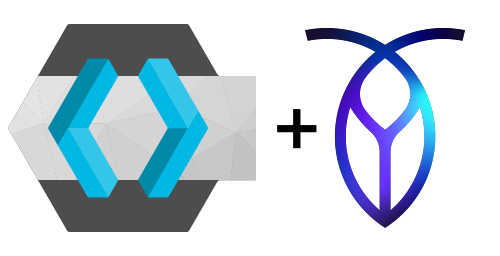With many companies racing into the cloud, very little is written about the huge opportunity, and potential pitfalls of building software for on-prem and private cloud deployments. With the growing Kubernetes and CNCF ecosystems, the balance point to justify self-hosting is constantly shifting. This is great news for companies that must host data and applications inside the enterprise. For software vendors looking to serve this exploding market, authentication can be a blind spot.
You’ve built a successful enterprise SaaS product, and your cloud offering has taken off. Recently, you’ve been getting inquiries from government agencies, large companies in regulated industries, and foreign companies – all of which have legal, compliance or regulatory requirements that prohibit them from using your product in the cloud.
Given the size of the opportunity, you’ve decided to go for it. Your team has packaged your application up as a set of Kubernetes manifests, making changes, replacing cloud services with open source alternatives, and even built out a runbook to help your devops peers at the customer operate it themselves.
The big day comes, and you’re installing at your first customer. You expect that there will be some minor bumps along the way, but their first question just flattens you: “How do we connect this to our in-house identity provider?” It was a question that was never on your radar, but now it’s the most important thing for the customer.
Like most SaaS companies, you’re probably either hand-rolling your authentication and user management using something like Passport.js, Devise, Django, etc., using some social login options, or using a cloud-only service like Auth0 or WorkOS. If you had implemented SAML, the most common protocol for just-in-time user provisioning with enterprise identity providers, you probably went for a basic approach. You wrongly assumed that user management and identity brokering would be easier for on-prem.
You throw some engineering and customer success resources at the problem, but quickly realize it’s not a scalable solution. The customer wants to map their groups, and manage access and authorization through their IdP. Just the overhead of connecting to every possible type of IdP, and supporting that for every customer, will eat up your margin before they start using your application.
